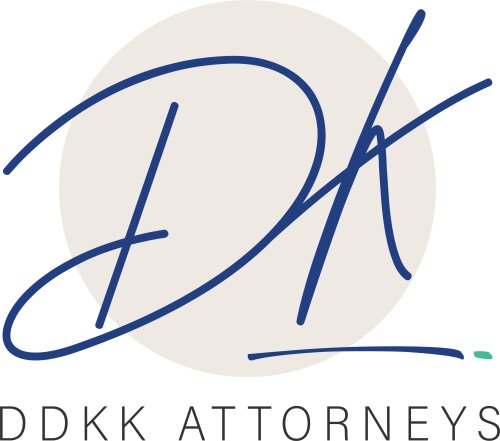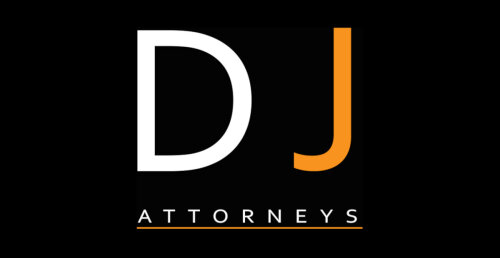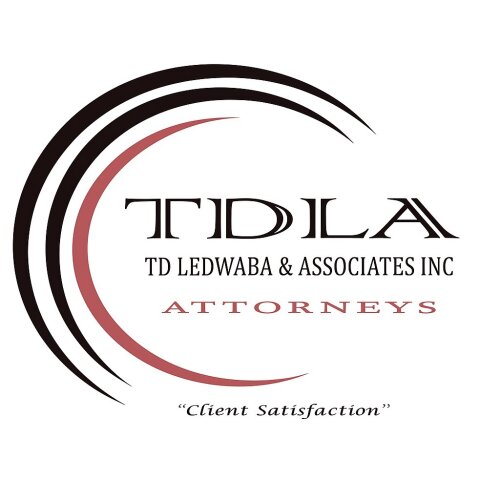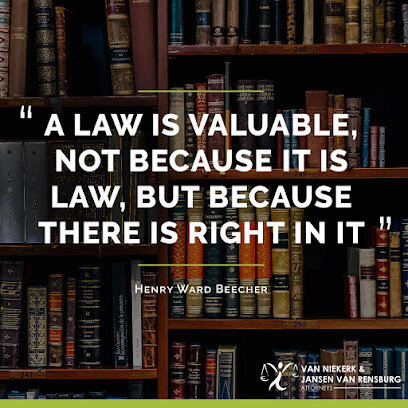Best Civil & Human Rights Lawyers in South Africa
Share your needs with us, get contacted by law firms.
Free. Takes 2 min.
Or refine your search by selecting a city:
List of the best lawyers in South Africa
About Civil & Human Rights Law in South Africa
South Africa has a rich history of struggles for civil and human rights, shaped significantly by the apartheid era and the ensuing transition to democracy. Civil and human rights in South Africa are enshrined in the Constitution, regarded as one of the most progressive worldwide. The Bill of Rights, contained in Chapter 2 of the Constitution, guarantees fundamental rights like equality, dignity, and freedom of expression, as well as socio-economic rights such as access to healthcare, water, and housing. South African law aims to protect individuals from discrimination and ensure their human rights are upheld by the state and others.
Why You May Need a Lawyer
There are numerous situations in which an individual might require legal assistance in the realm of civil and human rights. These include experiencing discrimination in the workplace, encountering unlawful evictions, or having civil rights violated by law enforcement. Additional circumstances may involve defending the right to protest, seeking redress for human rights abuses, or needing representation in constitutional law cases. Legal experts can help safeguard your rights, provide advice on the complexities of legal procedures, and offer representation in court if necessary.
Local Laws Overview
South African laws regarding civil and human rights are shaped primarily by the Constitution. Key pieces of legislation include the Promotion of Equality and Prevention of Unfair Discrimination Act (PEPUDA), which aims to prevent discrimination and hate speech, and the South African Human Rights Commission Act, which establishes the commission responsible for promoting and protecting human rights. Additionally, the Labour Relations Act protects employees' rights, and the Protection of Personal Information Act (POPIA) ensures privacy rights are respected. Understanding these laws is crucial to recognize and defend your rights effectively.
Frequently Asked Questions
What constitutes a violation of human rights in South Africa?
Human rights violations in South Africa can include discrimination, unlawful treatment by authorities, denial of basic services, and any breaches of the rights enshrined in the Bill of Rights of the Constitution.
How can I file a complaint about a human rights violation?
You may lodge a complaint with the South African Human Rights Commission (SAHRC), which investigates human rights violations. They can assist you in taking steps towards resolving your issue.
What should I do if I experience discrimination?
If you experience discrimination, it's important to document evidence and seek legal advice. You may file a complaint with the Equality Court or the SAHRC.
What legal protections do workers have against discrimination?
The Labour Relations Act and PEPUDA protect workers from discrimination based on race, gender, disability, and other grounds, ensuring fair treatment and equal opportunities.
Can I represent myself in a civil rights case?
While it's possible to represent yourself, civil rights cases can be complex. It's advisable to seek legal representation to navigate the legal system effectively.
What is the role of the Equality Court?
The Equality Court specializes in hearing cases related to discrimination and hate speech, providing a legal avenue for addressing these issues outside traditional court structures.
How does the constitutional court function in terms of human rights?
The Constitutional Court is South Africa's highest court concerning constitutional matters. It interprets the Constitution to ensure laws and conduct comply with constitutional rights.
Are there any free legal assistance services available?
Yes, organizations such as Legal Aid South Africa provide free or subsidized legal assistance to those who cannot afford private legal services.
What are my rights if I am unlawfully detained?
If unlawfully detained, you have the right to be informed of the reason, the right to remain silent, and to legal representation. You should contact a lawyer immediately.
How can I get involved in advocating for human rights?
You can get involved through volunteering with human rights organizations, participating in awareness campaigns, and educating others about their rights.
Additional Resources
For anyone seeking more information or assistance, the following resources can be helpful:
- The South African Human Rights Commission (SAHRC)
- Legal Aid South Africa
- ProBono.org
- Centre for Applied Legal Studies (CALS)
- Amnesty International South Africa
Next Steps
If you believe your civil or human rights have been violated, it's crucial to take action promptly. Start by documenting any evidence related to the incident and seek advice from professional legal representatives. Contact organizations such as SAHRC or Legal Aid to file complaints or for guidance on legal processes. Consider consulting with a lawyer specializing in civil and human rights to ensure you understand your rights and options fully. Remember, early intervention can be instrumental in safeguarding your rights and resolving disputes effectively.
Lawzana helps you find the best lawyers and law firms in South Africa through a curated and pre-screened list of qualified legal professionals. Our platform offers rankings and detailed profiles of attorneys and law firms, allowing you to compare based on practice areas, including Civil & Human Rights, experience, and client feedback.
Each profile includes a description of the firm's areas of practice, client reviews, team members and partners, year of establishment, spoken languages, office locations, contact information, social media presence, and any published articles or resources. Most firms on our platform speak English and are experienced in both local and international legal matters.
Get a quote from top-rated law firms in South Africa — quickly, securely, and without unnecessary hassle.
Disclaimer:
The information provided on this page is for general informational purposes only and does not constitute legal advice. While we strive to ensure the accuracy and relevance of the content, legal information may change over time, and interpretations of the law can vary. You should always consult with a qualified legal professional for advice specific to your situation.
We disclaim all liability for actions taken or not taken based on the content of this page. If you believe any information is incorrect or outdated, please contact us, and we will review and update it where appropriate.
Browse civil & human rights law firms by service in South Africa
South Africa Attorneys in related practice areas.
Browse civil & human rights law firms by city in South Africa
Refine your search by selecting a city.















